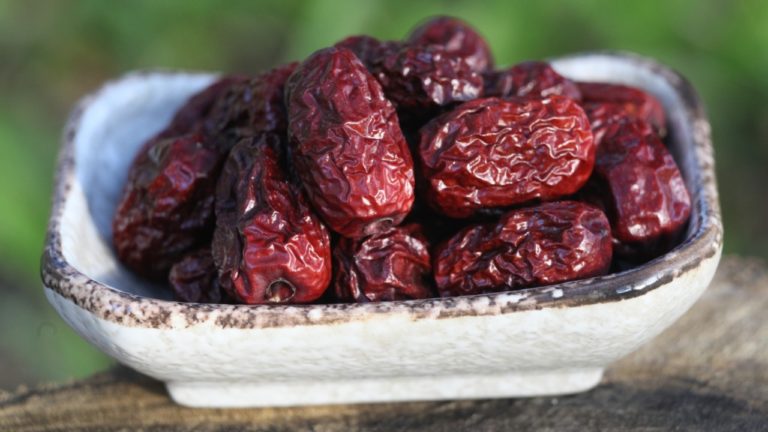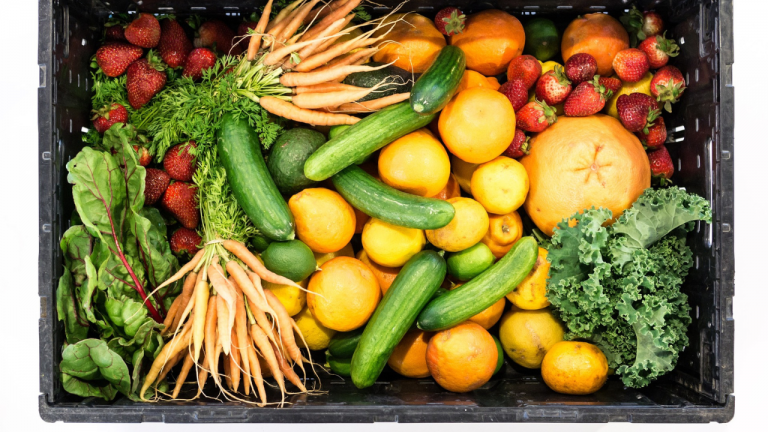What are the Nutritional Foods that C.K.D. Patients can Take?

Chronic kidney disease (CKD) is a condition where the kidneys are unable to function optimally, leading to a buildup of waste products and imbalances in fluids and electrolytes in the body. A well-planned, individualized diet can play a critical role in managing CKD and supporting kidney health. The following are some examples of nutritious foods that may be appropriate for CKD patients, but it’s important to work with a registered dietitian or a healthcare professional to create a personalized meal plan based on the individual’s specific condition, stage of CKD, and other health factors:
Low-phosphorus foods: High levels of phosphorus in the blood can be a concern in CKD, so choosing low-phosphorus foods can be important. Examples of low-phosphorus foods include fresh fruits and vegetables, rice, pasta, bread, egg whites, and lean meats.
Low-sodium foods: Managing sodium intake can help control blood pressure and fluid retention, which are common concerns in CKD. Choosing fresh or frozen fruits and vegetables, low-sodium canned vegetables, and using herbs and spices for flavor instead of salt can be beneficial.
High-quality protein: CKD patients often require a controlled amount of protein intake based on their stage of kidney disease and other factors. Choosing high-quality protein sources such as lean meats, fish, poultry, eggs, and dairy products (in moderation) can help meet protein needs while minimizing waste products that the kidneys need to filter.
Fresh fruits and vegetables: Fresh fruits and vegetables are generally healthy choices for CKD patients, as they are typically low in sodium, phosphorus, and protein. However, portion sizes and specific choices may need to be tailored based on individual requirements and restrictions.
Healthy fats: Including healthy fats such as monounsaturated and polyunsaturated fats, found in sources such as avocados, nuts, seeds, and vegetable oils, can be beneficial for heart health and overall nutrition.
Limited fluids: Depending on the stage of CKD, fluid intake may need to be monitored and restricted. Following fluid intake guidelines provided by a healthcare professional or a registered dietitian can be important in managing CKD and avoiding fluid overload.
Individualized supplements: CKD patients may have specific nutrient deficiencies or requirements, and supplements such as vitamin D, iron, or other vitamins and minerals may be recommended by the healthcare professional based on individual needs.
It’s essential to note that dietary recommendations for CKD patients can vary greatly depending on the stage of CKD, individual nutritional needs, and other health factors. Therefore, it’s crucial to work closely with a registered dietitian or healthcare professional to develop a personalized meal plan that is tailored to the specific needs of the individual with CKD.



